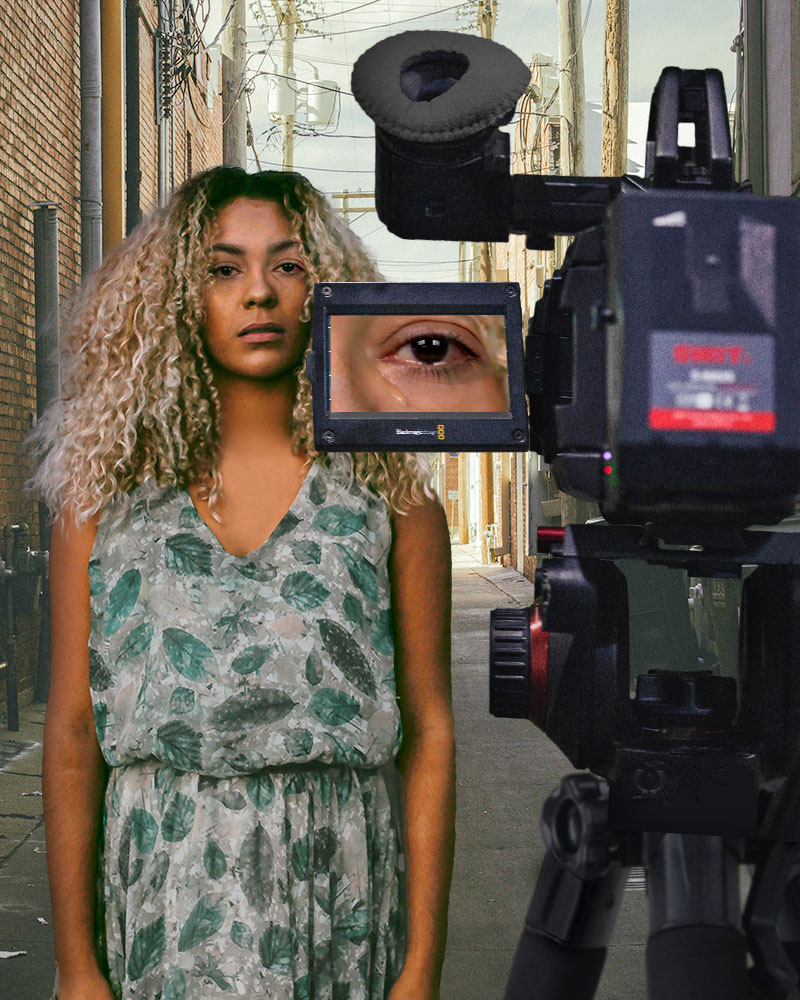I’ve written before about how conversation is the glue that holds our society together, but for some of us, it’s a difficult glue to manufacture. Every time I open my mouth, I’m appalled at what comes out of it: something I think I know but that I really don’t know, something I profess to feel but that I really don’t feel (because I have no idea how to translate real feelings into words), or something that may be accurate but is inappropriate to the situation. Ideally, I wouldn’t say any of these things if I had time to think about them first, but conversation doesn’t allow a lot of space for preprocessing. On occasions when I do have time to think about what I say before I say it, I usually conclude that I don’t have anything to say at all.
For these reasons, my usual conversational strategy is to ask a lot of questions, so that the other person can do most of the talking. Most people are all too happy to talk about themselves. But that sort of conversation can start to feel lopsided, so eventually the other person might respond with some questions about me. That’s a problem, because then I have to answer the questions. On the other hand, if they don’t ask anything about me, I feel insulted — so it’s a problem either way. You can see why I might be reluctant to engage in social situations.
(By the way, a sincere question to the people who read this: Are you happy with the things you hear coming out of your mouth? Or does the act of talking come so naturally to you that the question doesn’t arise?)
One way around this dilemma is humor. If someone is charming or funny or a good storyteller, I’m happy to spend time with them because there’s no need for me to hold up my end of the conversation. Whatever hurt I might feel about their lack of curiosity is made up for by the fact that they’re willing to entertain me so delightfully. For my part, if I can say something that’s genuinely witty, I don’t have to worry about whether it’s true or whether it expresses what I really think or feel. If I can make it amusing, I’m rewarded with the sense of engagement that comes with laughter.
I’ve always envied people who are naturally funny, who can say just the right thing at the right time, and do it in such a relaxed manner that nobody interprets it as trying to tell a joke. Debra and I are able to make each other laugh all the time, but I seem not to have that ability with anyone to whom I haven’t been married for 35 years.
When you’re a teacher standing in front of a room full of students, there’s always the temptation to try to be funny. I’m good at being clever, but it’s a big leap from cleverness to comedy. In my course on building websites, I’ve often said that labeling a link “Click here for info” is like labeling a light switch “Click here for light.” It’s a good way to make the point that “click here” adds nothing to a web page, but it’s not going to elicit laughter.
By contrast, there was a time when, in describing the difficulties of being a freelancer, I said, “I’ve been a contractor and I’ve been a client, and I can tell you from experience that all clients are idiots.” Everyone got a good chuckle out of that. But when I’ve repeated the same thing in other classes — which I’ve done way too many times — the response has always been blank stares. (Or worse, reproachful looks that translate to “Why would you say something so mean-spirited?”) Humor works best when it’s spontaneous, and the problem with spontaneity is that it can only happen once.
The one saving grace when a joke falls flat is that there is always one student who will shoot me a sympathetic glance, as if to say, “That was a really terrible joke, but thank you for trying!” That person usually ends up being my favorite student of the semester.
My attempts at classroom humor give me all the more respect for professional comedians, who are able to take well-worn material and make it funny every single night. I appreciate political humor by people like Jon Stewart or Bill Maher, but they fall more into the cleverness category — my response is usually admiration rather than out-and-out laughter. Performers who can make me laugh out loud are in a different category entirely. I remember years ago, when Don Rickles was in his prime, watching him do a set on the Tonight show and laughing helplessly even though I was the only person in the room. Until then, I would never have thought that was possible. There are comedians such as Greg Proops or Paula Poundstone who, when I attend their shows, can make me laugh so hard that I can’t breathe. That’s not just an amazing skill; it’s a public service.





Recent Comments